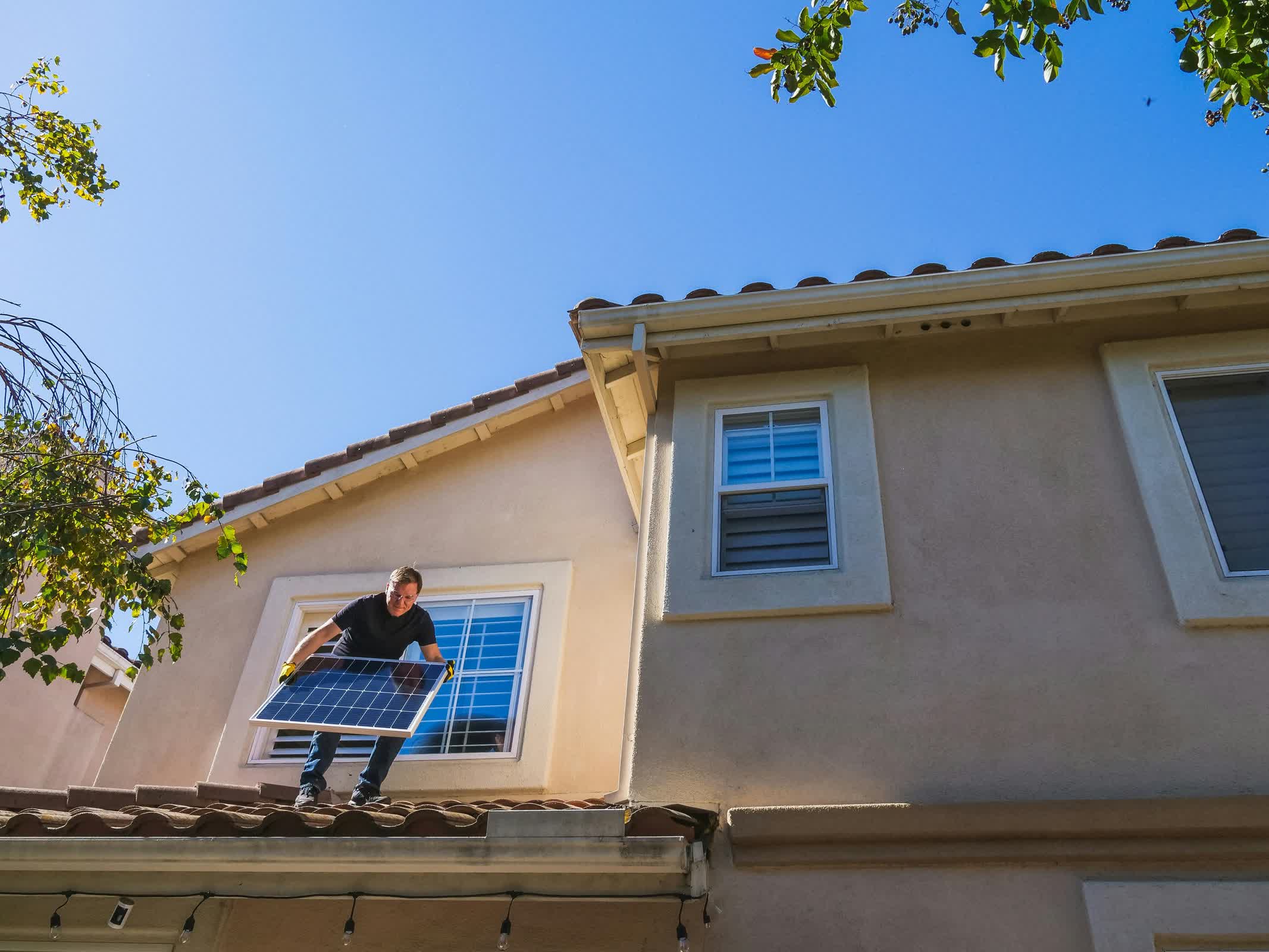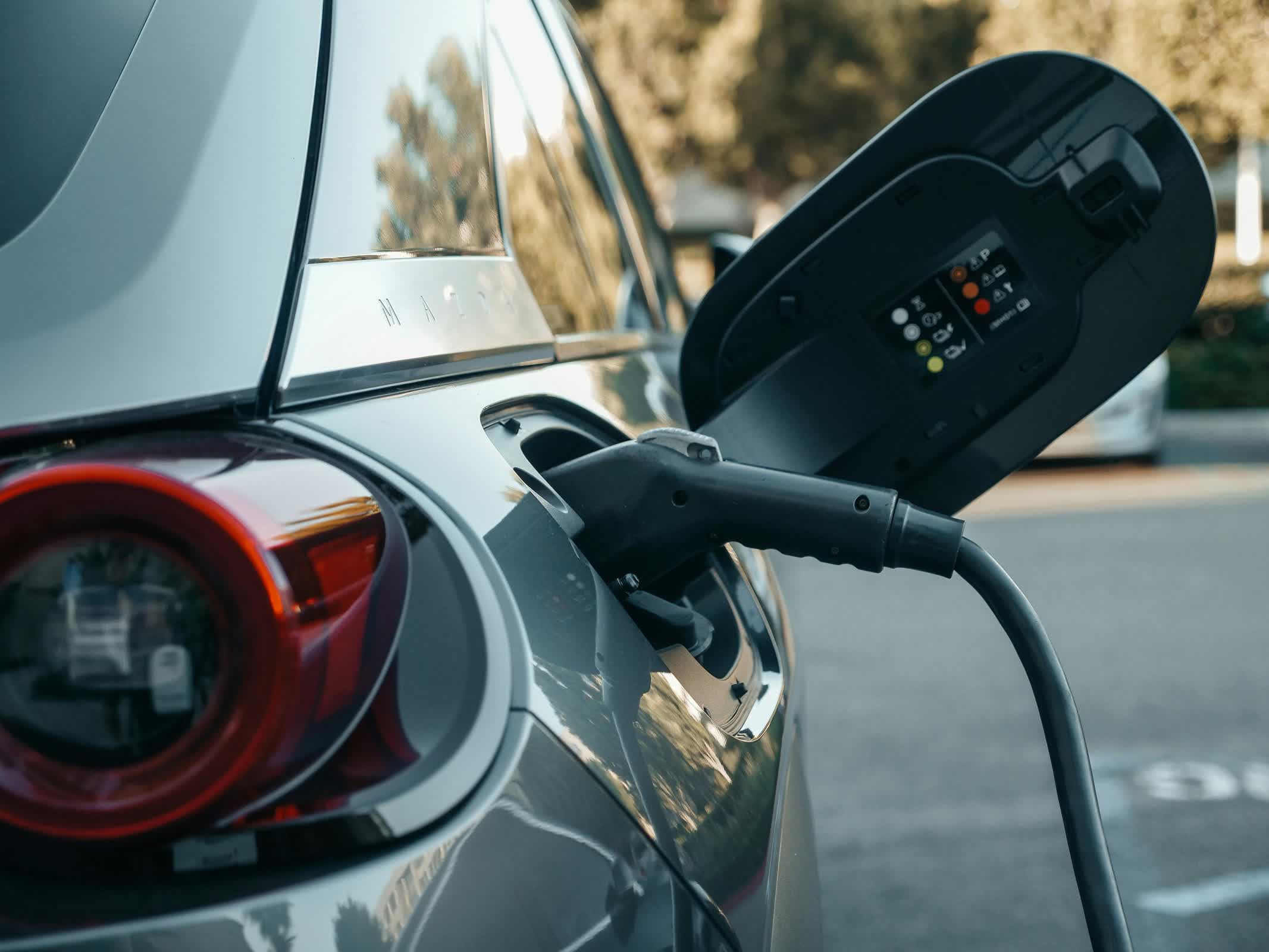Editor's take: The energy sector has embraced the term "net-zero hero," which refers to actions consumers take to help the environment, such as installing solar panels or buying an electric car. It's little wonder the sector favors this term because, as new research shows, focusing on consumer actions allows it to downplay its own responsibility for reducing carbon emissions.

The energy sector's narrative of individual responsibility in combating climate change is being challenged by new research from the University of Sydney. The study, which analyzed hundreds of public reports and media releases from the Australian energy industry, reveals a pervasive storyline promoting the concept of a "net-zero hero" – an individual consumer who can significantly impact climate change through personal choices and actions.
Associate Professor Tom van Laer, an expert in the influence of storytelling on behavior at the University of Sydney Business School, led the research. His analysis, spanning 2015 to 2022, examined material from 44 Australian energy market entities, including energy providers, non-governmental organizations, and policymakers.
The research uncovered a consistent message across the energy sector: consumers can play a pivotal role in saving the planet by making thoughtful choices. These actions include purchasing eco-friendly vehicles, turning off appliances, using off-peak hot water, and installing solar panels. The narrative suggests that by understanding, monitoring, and managing their energy consumption, individuals can make a meaningful difference.
Australia leads developed nations in per-capita greenhouse gas emissions at 14.51 tonnes per person, with the energy sector accounting for nearly half of the country's total emissions. The United States follows closely behind at 13.64 tonnes per person. Globally, the energy sector consumes the largest share of energy, using over one-third of the world's fuel supply.

However, van Laer argues that this narrative, while seemingly aspirational, overlooks the broader context of essential corporate and regulatory changes. By creating a "mythical market" of small-scale energy consumers – where everyone supposedly contributes equally to total emissions – the energy sector minimizes the accountability of larger entities that have a far more substantial environmental impact.
He cautions that without adequate support systems, consumers may struggle to fulfill the role of a net-zero hero. Furthermore, the overwhelming responsibility placed on individuals could lead to feelings of helplessness and disengagement rather than empowerment.
Australia leads developed nations in per-capita greenhouse gas emissions at 14.51 tonnes per person, with the energy sector accounting for nearly half of the country's total emissions. The United States follows closely behind at 13.64 tonnes per person. Globally, the energy sector consumes the largest share of energy, using over one-third of the world's fuel supply.
Van Laer argues that instead of placing an unrealistic burden on individual consumers, efforts should focus on addressing the systemic changes necessary for a genuine environmental impact.
The energy industry is using a "net-zero hero" narrative shifting blame to consumers